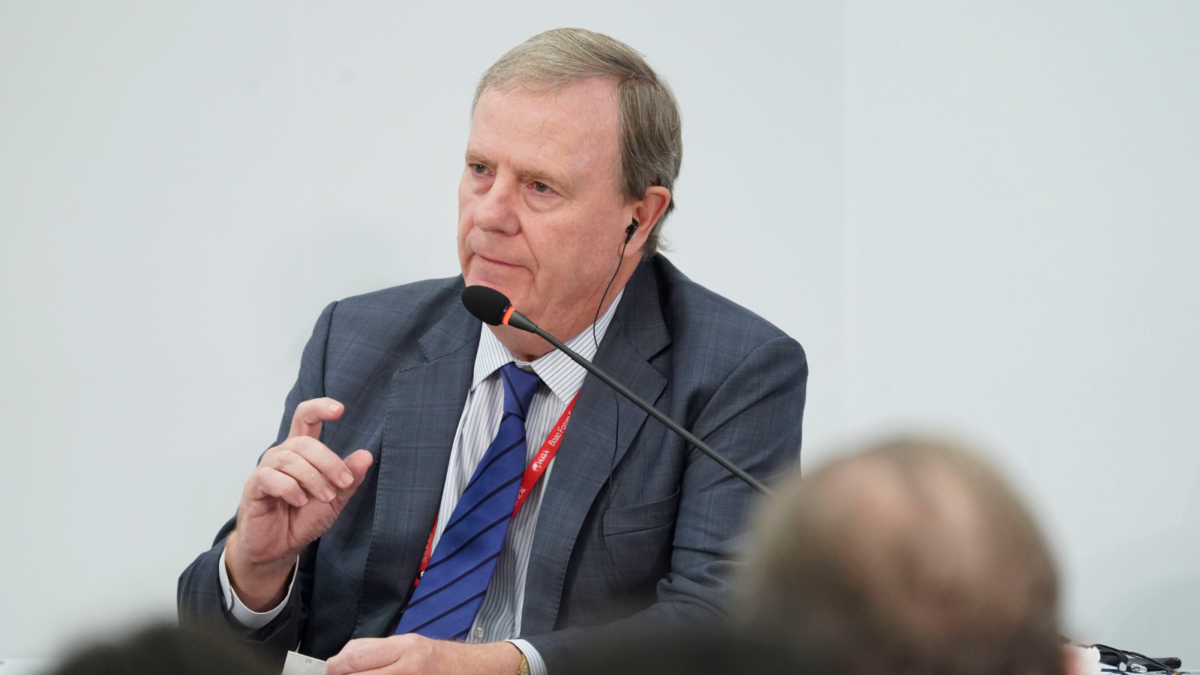Costello defends the Future Fund’s future (and reveals his biggest regret)
Speaking at the UBS Australasia conference, outgoing Future Fund chair Peter Costello said he expected the government’s declining financial position would result in more proposals to spend the $200 billion it manages but warned that “once it is spent it is gone”.
“Saving money is the hard part of politics,” Costello said. “Spending it is easy. It was a great achievement, against the odds, to tuck way some savings and invest it into a mature, well run, successful and respected sovereign wealth fund. If it is spent it will never be replaced, Australia will be more exposed, and our financial position will become more precarious.
Costello was in large part responding to criticisms hurled by Centre for Independent Studies commentator Dimitri Burshtein back in August, the thrust of which was that it would be better to liquidate the fund and use it to pay down government debt accumulated since it was established. Supporting Costello’s argument is modelling from WTW, which showed that winding up the Future Fund would likely come at a median cost of $200 billion over a decade while there is only a one in 20 likelihood that maintaining it will not deliver “any material benefit (or cost)” if maintained over the next 10 years.
“If (the Future Fund) didn’t exist, the government finances would be considerably weaker,” Costello said. “In fact, the balance sheet would be only a “liability sheet”. And this generation would be significantly worse off. There was nothing inevitable about the establishment of the Future Fund. Other comparable countries didn’t manage it.
“The then government could have spent the money on roads, or bridges, or Medicare, or pensions. It could have spent the money on buying votes. But it saved and invested it, and the Australian Government is $200 billion stronger today than it otherwise would have been.”
Costello didn’t spend as much time on the other bones Burshtein had to pick, namely that the sovereign wealth fund was not a sovereign wealth fund at all – that its beneficiaries are “not future generations of Australians but past generations of public servants” – and that its investment returns, when compared to super funds (which don’t receive the same tax treatment and which have, in Burshtein’s view, a larger administrative burden) aren’t that impressive and will likely be eroded further by a higher inflation environment.
He instead highlighted how popular the idea has become with the states and other countries, noting that the Western Australian, Queensland and Victorian governments have all established or will establish their own ‘Future Funds’ while Hong Kong and Thailand have also adopted the concept.
“Some of these funds exist more on paper than in investment markets. Some have no money, and certainly none rival the $200 billion that the Australian Future Fund has grown to. We have counted over 30 organisations that have adopted our name. That shows it is a decent brand. My biggest regret is that we didn’t trademark it!”











